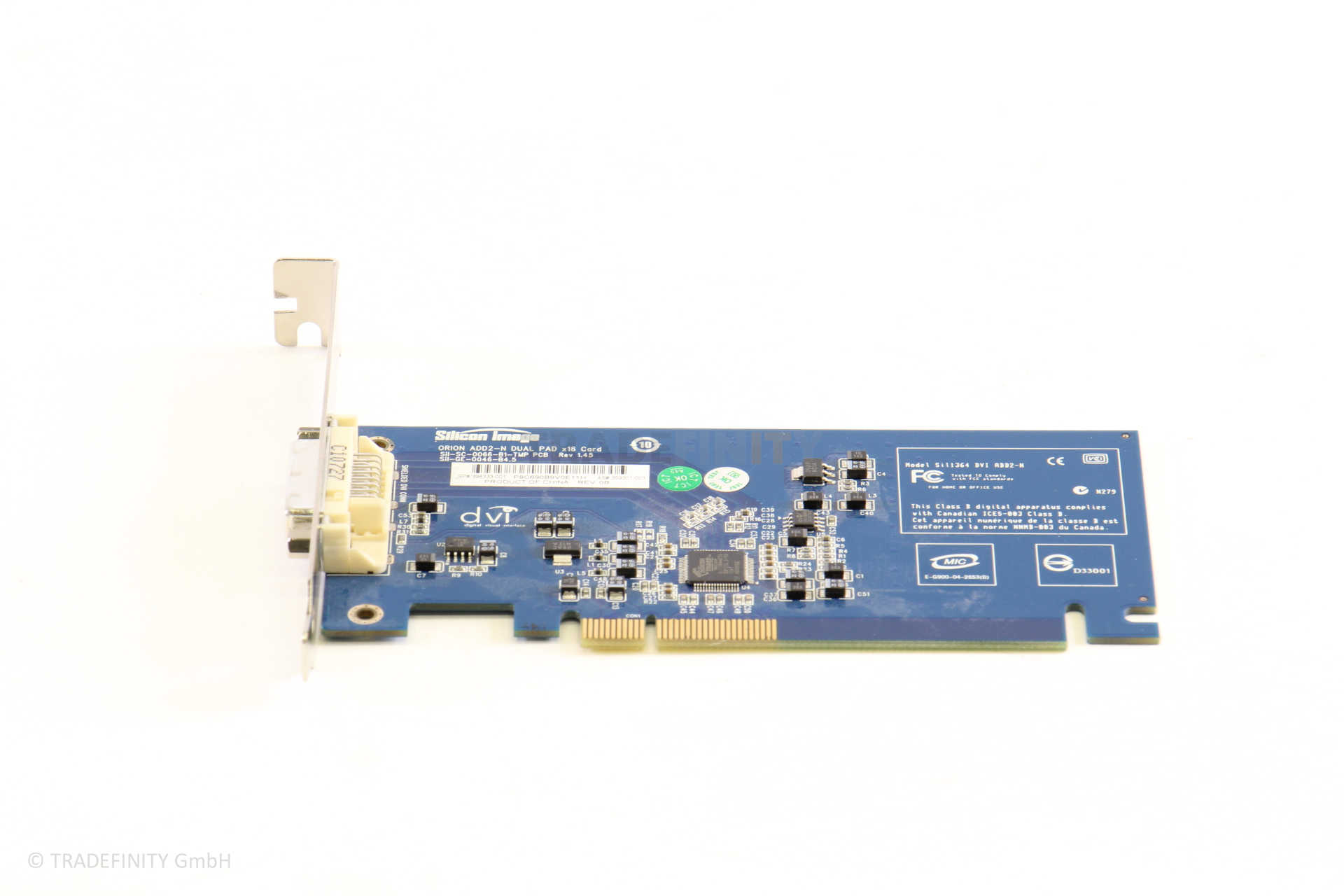
- #E SILICON IMAGE SIL3132 SOFTRAID 5 CONTROLLER MAC OS X#
- #E SILICON IMAGE SIL3132 SOFTRAID 5 CONTROLLER UPDATE#
Thanks to Michael Bean of AMUG for bringing this explanation to my attention. Such cards include those from FirmTek, CalDigit, Sonnet (non-pro version), LaCie, etc).
#E SILICON IMAGE SIL3132 SOFTRAID 5 CONTROLLER UPDATE#
The MacBook Pro EFI Firmware Update 1.6 kills write performance on ExpressCard SATA adapters using the Silicon Image SiI-3132 chipset, but, and it’s unclear what vendors can do about it, except that using SoftRAID seems to help (more than 2X!). SoftRAID can improve performance in some scenarios, sometimes dramatically, but given the overall weirdness of Apple’s latest changes, this is an exercise left for the reader’s particular configuration.
#E SILICON IMAGE SIL3132 SOFTRAID 5 CONTROLLER MAC OS X#
Results without the firmware update and/or without Mac OS X 10.5.5 or earlier will be very different. This review used the 1.6 firmware update for the MacBook Pro 2.8GHz unibody, and Mac OS X 10.5.6. Both changes caused marked differences in performance. Shortly thereafter, Mac OS X 10.5.6 was released. In mid December 2008, Apple released the MacBook Pro EFI Firmware Update 1.6, for the new unibody (late 2008) MacBook Pro. The Sonnet Tempo SATA Pro card is about $280 compared with only $115 for the FirmTek SeriTek/2SM2-E (prices as of Dec 2008). It uses a Marvell chipset, the same one used in the Sonnet Tempo E4P for the Mac Pro this chipset offers significantly higher performance.

The new kid on the block (Dec 2008) is the Sonnet Tempo SATA Pro ExpressCard/34.

It has been 100% reliable, and offers very good performance for its modest price. I’ve used the FirmTek SeriTek/2SM2-E card for nearly two years. This is a very good level of performance, good for a big improvement in Photoshop speed with large files. Until recently, all the MacBook Pro ExpressCard/34 solutions such as the FirmTek SeriTek/2SM2-E were based on the Silicon Image SI-3132 chipset, a solution limited to about 140MB/sec, or almost double the speed of the fastest internal laptop hard drives. Please do not assume that one brand or another is no good Apple’s changes leave future behavior in doubt, and vendors might come up with workarounds. Given the write performance issues introduced by Apple’s December 2008 EFI firmware update 1.6, and the change in behavior from Mac OS X 10.5.5 to 10.5.6 (detailed below), results presented here must be understood in context of the specific MacBook Pro model and its firmware, and system software version.


 0 kommentar(er)
0 kommentar(er)
